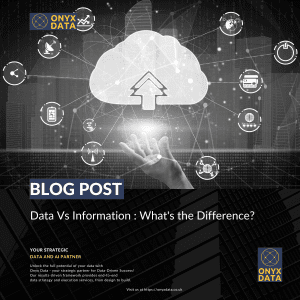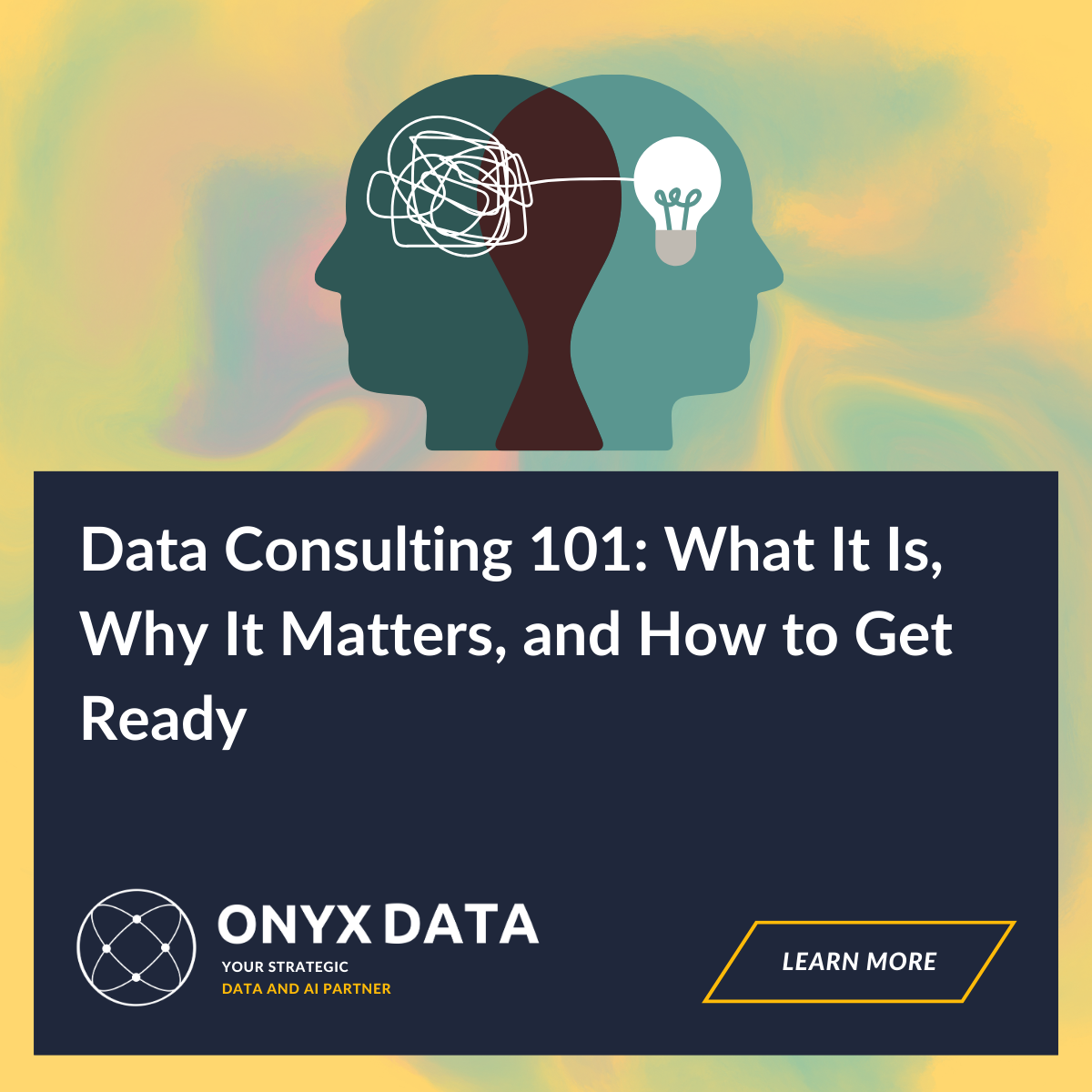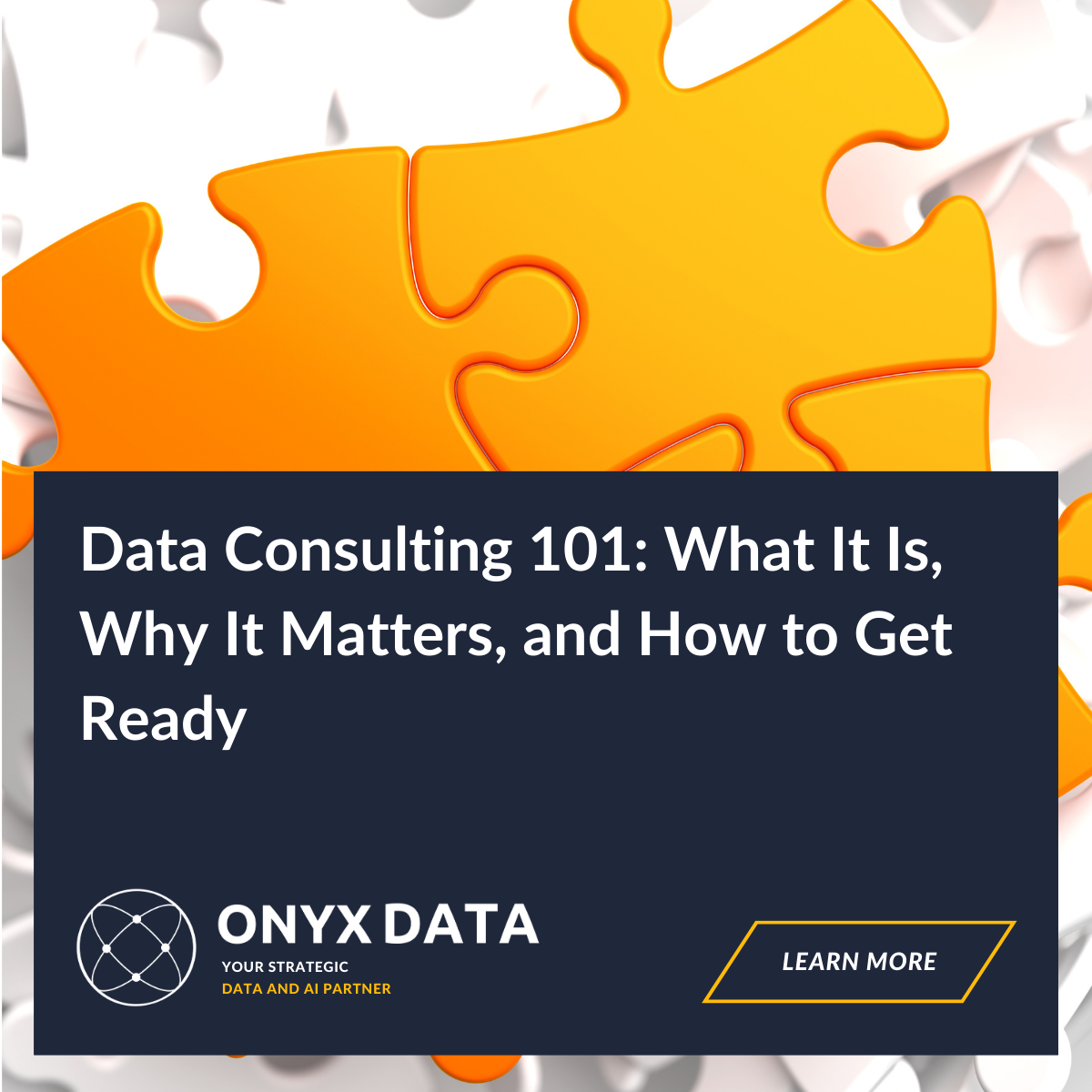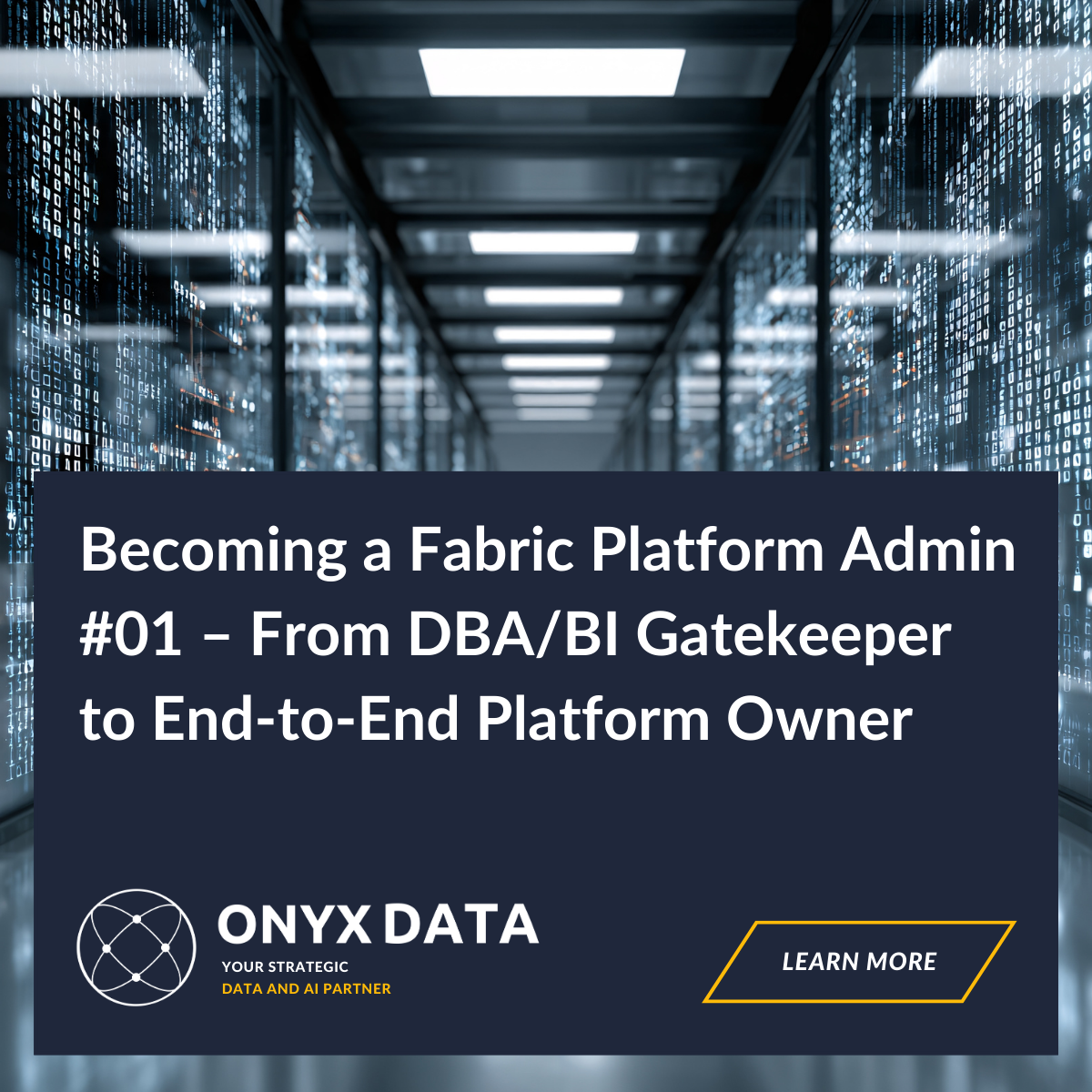Data Vs Information : What’s the Difference?
In today’s digital age, data has become the lifeblood of decision-making and strategy formulation for businesses across various industries. From healthcare to finance, effective data analysis has transformed the way organisations operate.
What is Data, Information, Knowledge, and Data Science?
Data comprises raw facts and figures, the building blocks of information. Information is data that has been processed and organised to make sense. Knowledge, on the other hand, is the understanding derived from information, enabling us to make informed decisions. Data science is the multidisciplinary field that employs techniques and algorithms to extract valuable insights from data.

When Does ‘Information/Data’ Become ‘Knowledge’?
The transformation of information into knowledge occurs when we analyse and interpret the information to gain a deeper understanding. It’s the “aha” moment when patterns, trends, and connections emerge, allowing us to draw meaningful conclusions and insights.
Both information and data have their roles in the decision-making process. Data forms the foundation, while information transforms it into something comprehensible. However, knowledge is the most valuable of all, as it guides actions and strategies. It’s not about prioritising one over the other, but rather the progression from data to knowledge that matters.
How Are Data and Information Similar?
Data and information are closely related yet distinct. Data is the raw material, while information is the processed form of data.
- Representation: Both data and information represent facts, observations, or details about something in the world. They serve as a means to convey knowledge and understanding.
- Contextual Relationship: Both data and information gain meaning and significance when they are placed within a relevant context. Context provides the framework for interpreting the meaning behind the data or information.
- Building Blocks: Data can be considered the raw building blocks from which information is derived. When data is processed, organised, and given context, it transforms into information.
- Communication: Both data and information are used to communicate ideas, insights, or knowledge. They help convey messages from one entity to another, aiding in decision-making and understanding.
Why Do Organisations Collect Data and Information?
Organisations collect data and information for various reasons. These include:
- Informed Decision-Making: Data-driven insights enable businesses to make informed choices, mitigating risks and maximising opportunities.
- Identifying Trends: Data analysis helps in identifying market trends, consumer behaviour, and industry shifts, aiding in strategic planning.
- Optimising Operations: By analysing operational data, organisations can identify inefficiencies and streamline processes for enhanced productivity.
- Personalisation: Collecting customer data allows for personalised experiences and targeted marketing, fostering customer loyalty.
How Does a Database Interact with Data and Information?
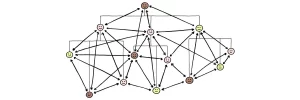
A database acts as a structured repository for storing, organising, and retrieving data and information. It facilitates efficient data management and retrieval, enabling organisations to access and analyse data seamlessly. Databases are the backbone of data-driven applications and systems, providing a structured framework for handling vast amounts of information.
Conclusion
In conclusion, effective data analysis is the catalyst that transforms raw data into actionable knowledge. It’s not just about collecting data; it’s about extracting valuable insights that drive growth, innovation, and informed decision-making. As organisations continue to recognise the potential of data analysis, the bridge between data and knowledge will become even more critical, shaping the way we understand and navigate the world around us.
Click, read, and hear more about data and artificial intelligence with our other blogs. Link to our recent posts is below.
Sources:
- https://bills.parliament.uk/bills/3322
- https://bloomfire.com/blog/data-vs-information/#:~:text=Data%20is%20a%20collection%20of,how%20it%20all%20fits%20together.
- https://stats.stackexchange.com/questions/618396/data-vs-information-what-s-the-difference-between-these-two-terms
- https://www.businessnewsdaily.com/10625-businesses-collecting-data.html
- https://www.linkedin.com/pulse/differences-between-data-information-knowledge-why-mohamed-1e/
